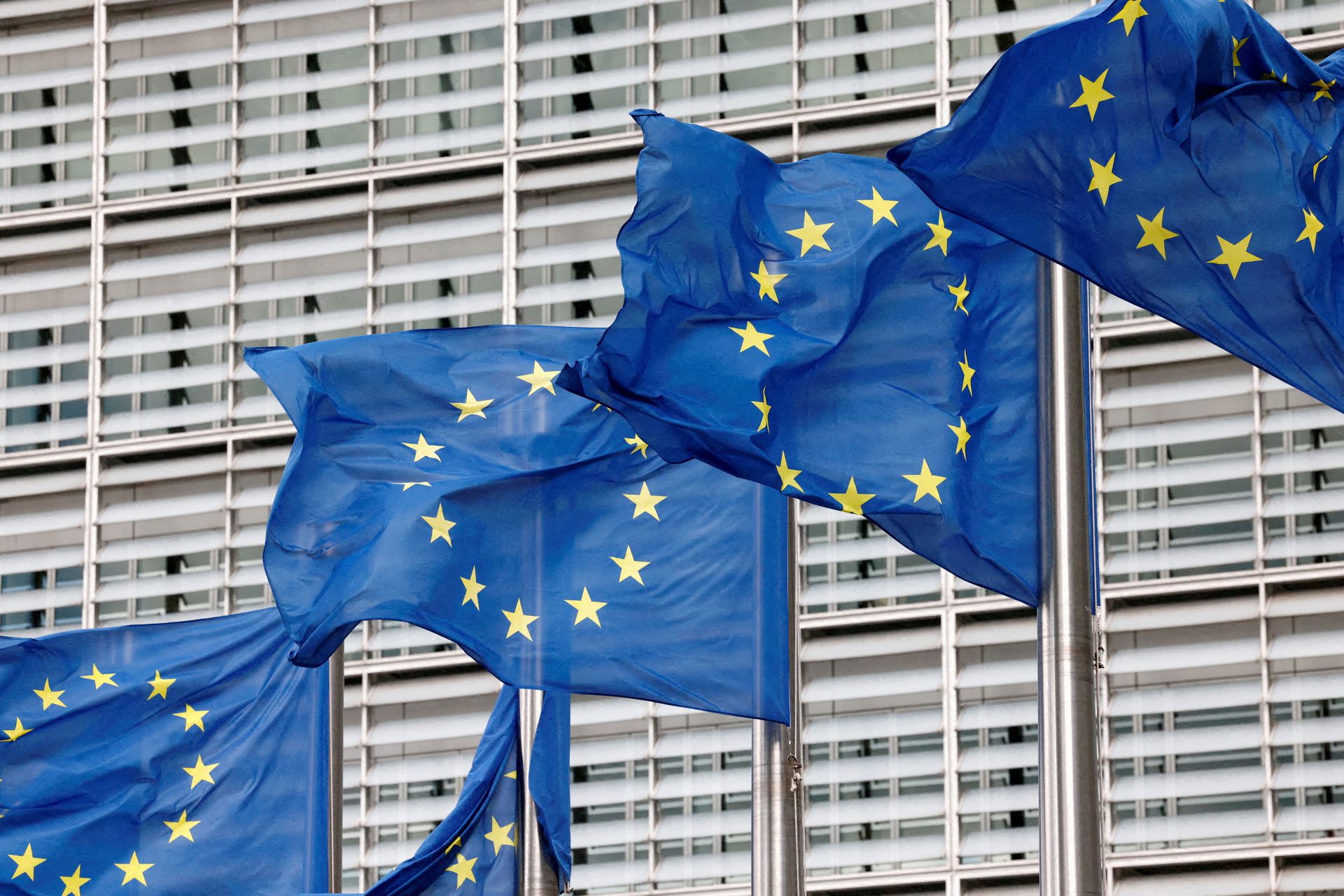The European Commission has issued a revised economic forecast, painting a less optimistic picture for the Eurozone’s growth prospects. High inflation and Germany’s entry into recession this year have contributed to the region’s economic woes, leading to a downgrade in growth expectations for 2023 and 2024.
EU Commissioner for Economy, Paolo Gentiloni, highlighted the challenges faced by the Eurozone, with stagnant private consumption being a key concern. He noted that soaring consumer prices for most goods and services have had a more significant impact than anticipated, despite declining energy costs and a growing job market with rising wages.
The most striking blow to the Eurozone’s economic outlook is Germany’s grim situation. GDP growth in Germany during the first half of the year was considerably weaker than previously expected, with declining real wages affecting consumer spending and subdued exports due to external demand. The Commission now predicts a 0.4 percent contraction in the German economy for 2023, marking a significant downward revision from earlier growth projections.
The European Commission’s interim forecasts for GDP and inflation across the Eurozone’s five largest economies revealed that the region’s GDP is expected to expand by 0.8% in 2023 and 1.3% in 2024. These figures represent a downgrade from earlier forecasts of 1.1% and 1.6%, respectively, made in May.
Italy and the Netherlands are also expected to experience slower growth this year, with GDP expansion rates of 0.9% and 0.5%, respectively, down from previous projections of 1.2% and 1.8%. However, France and Spain have brighter prospects, with the Commission revising upward its growth expectations for 2023 to 1.0% and 2.2%, respectively, compared to earlier projections of 0.7% and 1.9%.
Commissioner Gentiloni acknowledged that the EU had managed to avoid a recession in the last winter, a noteworthy achievement given the magnitude of the challenges faced. He attributed this success to the effectiveness of the EU’s collective policy response. Nevertheless, the economic slowdown witnessed in the second quarter and other indicators signal potential further weakening in the coming months.
The Eurozone’s economic outlook has taken a hit due to Germany’s recession and persistent inflationary pressures. While some countries like France and Spain are expected to outperform expectations, the overall outlook for the Eurozone suggests a challenging path ahead, requiring careful economic management and policy responses to stimulate growth and address inflation concerns.














